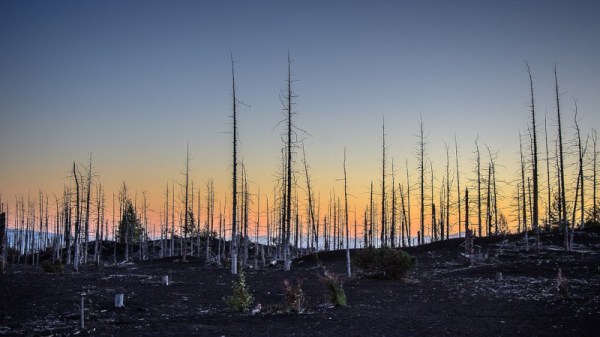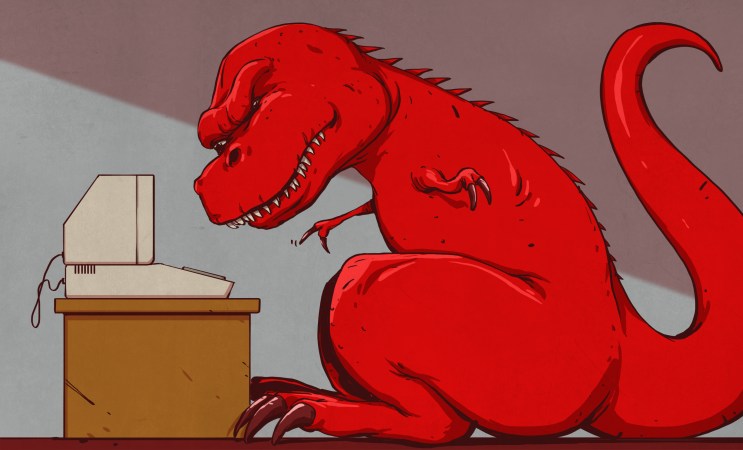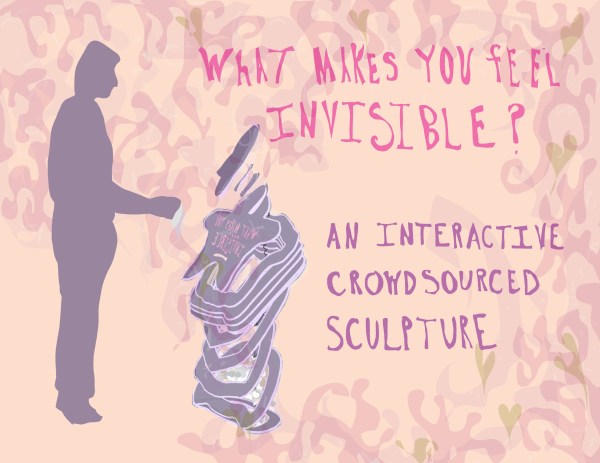If you’ve been following the news, you can’t have missed the series of floods, droughts, and wildfires that have occurred seemingly in all corners of the world. Coming on the heels of a Northern Hemisphere winter that had its own extreme weather events, it would be perhaps foolhardy not to by now take climate change seriously. You may also have seen the news about a return to a 1970s paper in which MIT crystal-ball-gazers predicted the collapse of our civilisation in the mid-21st century, and a review based upon the empirical data gathered since then which concluded that we could be right on track with that prediction set to happen in about 2040.
It’s sobering stuff, and something which could so easily form the basis of many a Hollywood apocalyptic disaster movie. But sitting here in 2021 amid extreme weather events and a global pandemic it’s certainly something to think about. It’s not as though we’re riding biogas-powered weapon cars through the post-apocalyptic desert just yet though, we still have a chance to do something to avert catastrophe and no doubt over the next decade a raft of changes will reduce our CO2 impact and make our infrastructure more resilient to stave off any coming crises.
Our mind was turned to the halcyon time before the pandemic, to the Danish BornHack hacker camp back in August 2019. One of the talks at the event came from [Igor Nicolic], whose day job as an academic with Delft University of Technology takes him into the study of ecology and sustainability. In it he looks at the current state of global sustainability, and identifies the roles which the hardware hacker community could play in an uncertain future. It’s a fascinating lecture from an expert in the field and it’s well worth a watch and taking note of his points, so we’ve placed it below the break. Continue reading “If Society Is In Danger Of Collapse, Here’s How We Should Do Our Bit”














